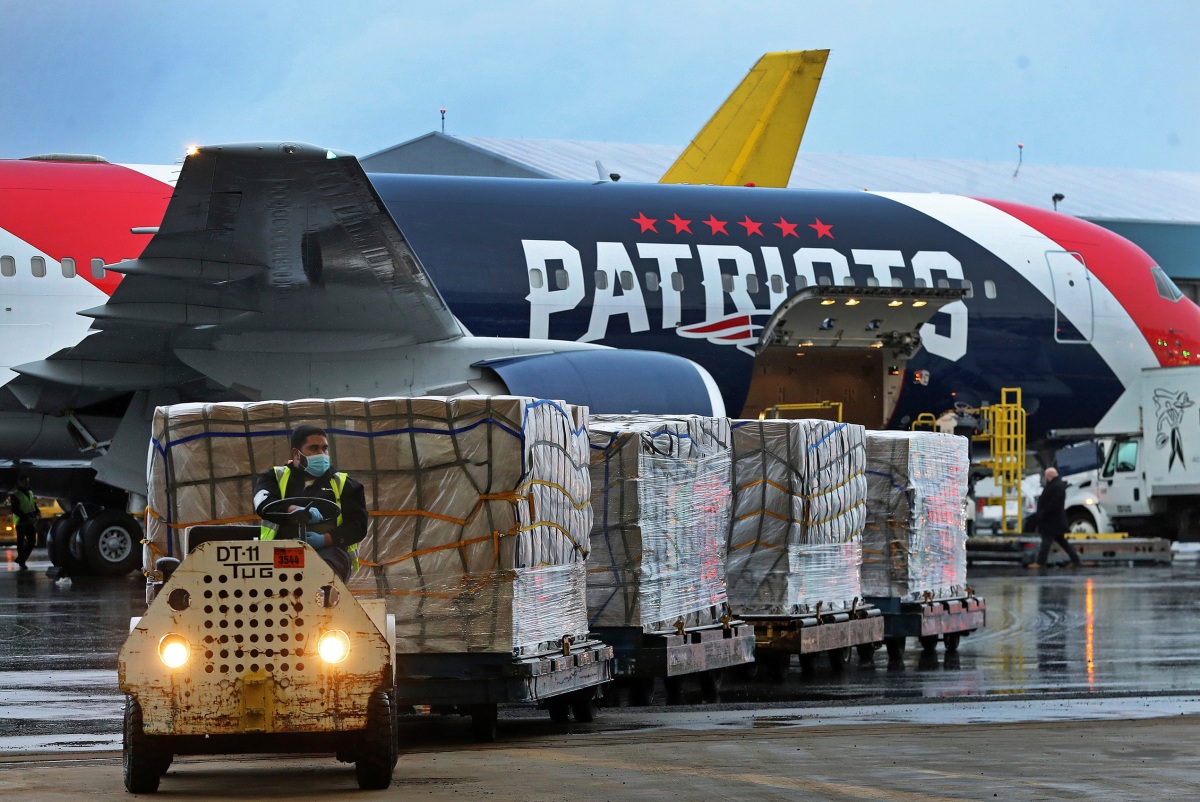(This is from a Twitter thread that grew into an essay. I’m pretty active in that domain so if interested feel free to follow here.)
From a covid19 response perspective, there’s been a lot of conversations about why some places did better than others and who is ultimately responsible for poor outcomes for populations facing the pandemic. Specific to initial pandemic readiness, I think things are actually simpler than we’re making it. There’s a bit of Occam’s Razor involved.
I’m not the first to suggest it but the notion that comparative pandemic response breaks down along the lines of Southeast Asia vs others is a pretty clear way to look at the problem. Adding variables doesn’t get us closer to the truth. It just adds noise. And so the actual solution to future pandemic outbreaks keeps getting paved over with other things.
It’s nearly impossible not to watch the daily Covid19 pressers and not imagine some sort of panacea that didn’t involve the current administration. Or even one that just made us feel a little better. A good contrast is clear in New York.
Governor Cuomo has an approval rating nearing 90% because he’s standing up and delivering the message his constituents want to hear. As a result they feel like things will eventually get better. It doesn’t change the reality that they weren’t ready either though. And like the rest of America, thousands of people will die who otherwise may not have. The contrast between Trump and Cuomo doesn’t account for where we are materially.
Like New York, Italy and Spain are in full outbreak mode with more absolute deaths than the U.S. with only 20% of our population. There is no Trump administration there. And they have universal healthcare. In fact, it’s safe to say the entire West was caught asleep at the switch with many different sorts of leaders with many different sorts of healthcare systems.
The variable for readiness isn’t Trump or universal healthcare, though both of those things matter tremendously going forward. And none of the politically energetic arguments can account for the difference in readiness between the West and the East. Nearly every effective response, South Korea, Taiwan, Singapore, China (if you can believe any version of their numbers) have all come from the same region. And it brings a simple conclusion.
Southeastern Asia has more experience dealing with pandemic than we do. And so they’re better at it. We can talk about state capacity and authoritarian rule vs liberal but the simple reality is we in the West are pandemic rookies.
I live in Southern California. We have both a high Asian American population, high levels of Asian temporary residence workforce and a high volume of Asian tourism. I’ve been watching people from Asia walking around in crowded places in America with masks on for fifteen years. I’ve never seen anyone from anywhere else do the same. And frankly I always viewed the practice as unnecessary and alarmist…like nearly every western leader and much of MSM with Covid19. Because pandemic response was not a part of our contemporary culture.
SARS hit in China within a year of the 9/11 attacks in the U.S. There have been multiple Chinese outbreaks since that have stressed their system. None were severe enough to have the impact Covid19 has had. But they were all severe enough to drive action and build the muscle of pandemic response. In the same time period America has built up counter terrorism capacity in to the same extent. I was a part of it.
Remember the Boston Marathon Bombing in 2013? Boston locked down the entire city cheerfully until a joint task force of intelligence community, federal law enforcement and local police caught the bombers in days.
Not weeks. Days.
The American counter-terrorism muscle was and is that strong. Because we’ve spent the last 19 years exercising it. Southeast Asia has spent at least some effort getting better at pandemic response.
It’s telling that no one really cared when President Trump eliminated the pandemic response directorate within the National Security Council. We do now of course. And it looks like a terrible decision. I didn’t even remember it happened though. And I pay more attention than 99% of most Americans.
After we go through recession, have 30% unemployment and lose our personal liberty for three months in America, I suspect we’ll improve our response. This is some part of our identity. We are the “sleeping giant” after all.
It’s little consolation to those of us living through it now I know. The proactive response was a uniform failure in the West. Our energy is best spent on insisting the reactive response is effective and holding our leaders accountable for that.

